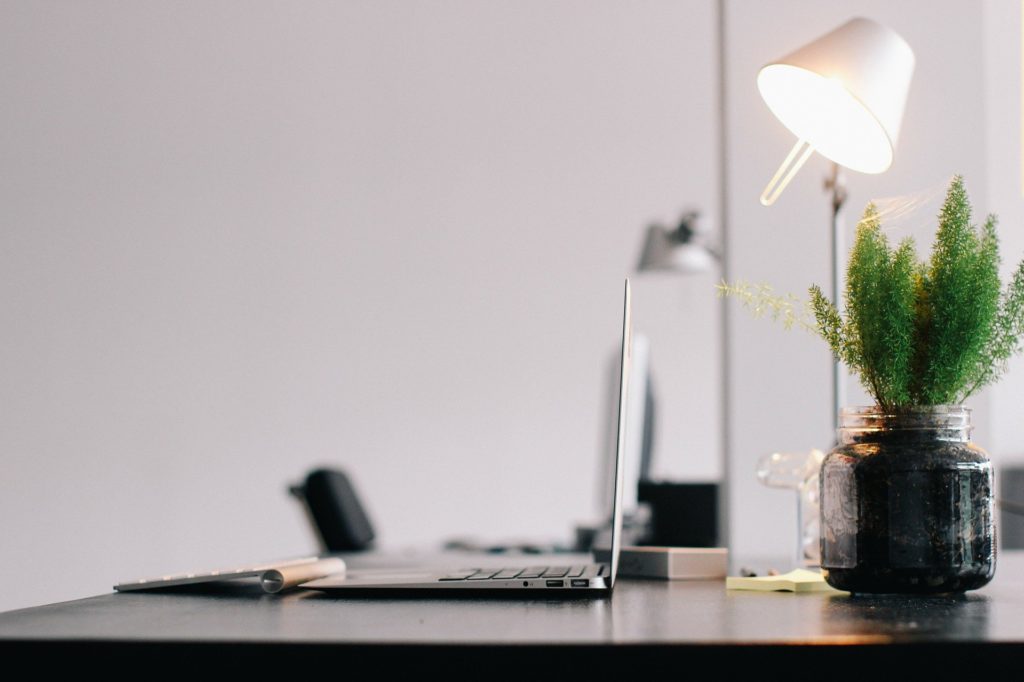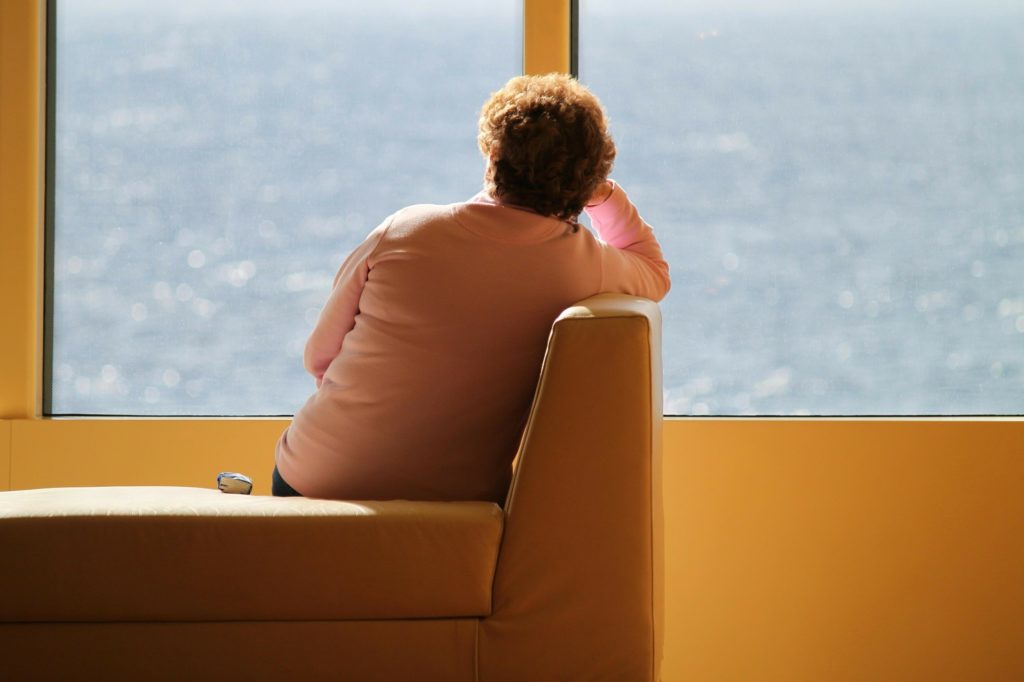We’ve all heard of mood lighting being used in restaurants and bars to increase business or to create a desired atmosphere, but did you know that light can improve our actual mood?
In this blog we will discuss the difference between the two, with a focus on light’s effect on our moods and how we can engender those effects using the right type of light.
What is Mood Lighting?
Adapting the lighting in your environment is remarkably beneficial and better yet, it’s easy to do. This is why many businesses utilize various lighting solutions for a desired effect- you’re probably pretty familiar with brightly lit grocery stores, and low-lit restaurants. While these choices are primarily atmospheric in nature, they also have actual, significant effects on customers as well.
Supermarkets often use bright light as it has been shown to increase impulsive buys by increasing energy. In contrast, upscale restaurants and bars often use ambient lighting to create a cozy atmosphere of exclusivity.
We’ve all been in restaurants that are too dimly lit- or grocery stores that are too bright! That’s because most designers understand that they’re lighting for “mood”, but only in a general sense. They’re not taking into account the actual science involved- but luckily, we can.
Whether we’re waking up preparing for the day, grinding out the last couple hours of work, or winding down to rest for tomorrow, we should be conscious of the effects light can have on our moods and how to take advantage of them.
Different Moods Lights Affect
Alertness
Waking up a lot of us feel groggy and less than alert. Many supplement their energy with caffeine in one form or another as we get going in the morning and start our days. But you don’t need to fire up the coffee maker- although it’s not often considered, lighting can also increase our feeling of alertness.
Alertness has been shown to be strongly influenced by exposure to blue and white light in numerous studies, but it’s also something that tends to be naturally apparent. Have you ever tried to sleep with the lights on? It’s harder of course! This is because our brain associates light with daytime and in effect increases alertness.
Productivity
Daylight and blue light have been shown to have a positive effect on our moods, but they also have a significant impact on our productivity. A lot of businesses understand this principle and are changing workplace lighting to utilize it.

If you work from home your workspace lighting should benefit you as well- and who doesn’t benefit from a better mood and more energy? Using blue and white spectrum lighting in our workspaces is an easy adaptation considering the benefits, which include boosted productivity and focus. If you can’t position your workspace near a natural daylight source, you can always invest in blue spectrum lighting- it will have the same effect!
Rest and Relaxation
Of course, we aren’t wired to be alert all the time, nor productive all the time. We all go to sleep every night to rest and recover (with varying results).
One of the clear reasons many of us are suffering from poor sleep is our exposure to blue light at night. Whether we’re reading on our cell phones, or dozing off to a movie, the exposure to the blue light these screens emit is affecting our sleep. Although these habits may appear to help you wind down, they are actually detrimental.
The absence of light signals to our bodies that it’s time to produce melatonin which is the hormone that causes us to become tired and drift off to sleep.
Excessive blue light exposure by electronics and artificial light stunts this process which affects our sleep cycle and quality of sleep overall, and it also disrupts our hormone production (and our circadian rhythm), leading to a boost in cortisol and other stress hormones- just when we least need them!
These negative effects are cumulative; poor sleep patterns and excessive blue light exposure can cause depression, weight gain, eye strain, mood imbalance, and a host of other consequences.
Understanding the above, we should always be aiming to improve our sleep and using proper lighting is a powerful tool to achieve good sleep!
You can combat these effects and promote healthy sleep by turning off the electronics one hour prior to bed, and switching to red-spectrum lighting, which promotes melatonin production.
When we are looking to wind down, but perhaps not go right to bed in darkness, using ambient or dim red lighting is best. Using dimmer bulbs in your home is great for this as you can adjust as needed throughout the day.
Adjusting Our Circadian Cycle with Intentional Lighting

We know whether at work or home, using the proper lighting is an important factor in our moods. The benefits of using the right lighting add up.
When we recover properly from sleeping well, we are more likely to be in a better mood come morning. Our mood is further influenced when we are exposed to blue light during the daytime. We then feel more alert and energetic, which then increases our productivity. As we come to the end of our day and wind down with ambient and dim red lighting, we set ourselves up for better sleep via increased melatonin production.
Then cycle begins again. Adjusting our lighting exposure is one of the easiest and most effective ways we can help ourselves and improve our moods.
Luckily, you can achieve these results using BIOS SkyBlue LED light bulbs in your home. These bulbs provide the critical blue spectrum lighting needed to enhance productivity and boost mood during the daytime, while at night time they adjust to remove all blue light and dim to a cozy amber light, providing a one-bulb lighting solution.
Changing your home lighting can have a significant impact on your quality of life- so what are you waiting for? Give it a shot!
FAQ:
- Can light really affect my mood?
Yes; blue light increases alertness and productivity- red or warm light induces relaxation, sleepiness, and melatonin production.
- Why is blue light bad at night?
The body’s response to blue light is much the same as daylight. This causes us to be more alert when we should be winding down- in particular, it boosts cortisol production, a stress hormone that makes us feel alert and awake.
- Does the type of light I work in really affect me?
Yes, working in poor lighting can cause eye strain and drowsiness, whereas working in blue light promotes productivity and energizes us, as it signals to the body it is daytime and we need to be up and moving.




